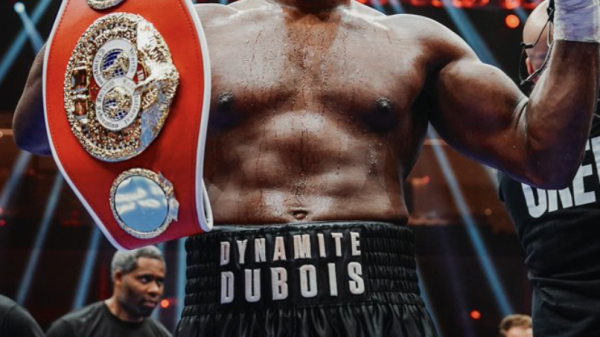By Bryanna Fissori
Legal Analyst
A failed drug test leading to the cancellation of the Championship bout of Guillermo Jones vs. Denis Lebedev, scheduled to take place April 26 in Moscow, Russia has led to a $2.4 million lawsuit filled against promoter Don King.
Drug testing athletes prior to competition serves a number of purposes, but in the vast majority of cases, results are not available until after the competition. The typical scenario in the case of combat sports is that weeks post-event a fighter will be notified that he tested positive. This news is commonly followed by a brief uproar, which may or may not include a deduction or retraction of the fighter’s purse as well as a victory or title depending on the situation.
In March of 2013, boxers Lamont Peterson and Amir Khan were slated to fight in June, when Peterson tested positive for synthetic testosterone causing cancellation of the fight. The difference in this situation was that the pre-fight testing was far enough out that a replacement opponent could be found, thus mitigating any financial loss. The test for Jones reportedly took place four days prior to the scheduled Russia bout.
The law suit filed against King is unique in that his fighter Guillermo Jones, the former WBA cruiserweight champ, had to pull out of the fight last minute (literally hours before) due to the results of a failed drug test. The substance found was furosemide, which also goes by the names “Lasix” or “Salix” amongst others. It is used for weight loss and specifically water loss. The drug is commonly used by heart and kidney failure patients to treat excess water retention. It can also be used to mask other steroids. The testing was done by Swiss Laboratory for Doping Analyses (LAD) and the WBA refused to sanction the fight because of the substance.
The bout was to be a rematch after Jones knocked out Lebedev in the 11th round last May, though he was striped of the title because at that time his post fight results found him positive for the same substance. Why he was under the assumption he would not get caught again doing exactly the same thing, or why he hasn’t figured out a better way to cut weight is information BoxingInsider.com has not obtained.
The cause of action for the lawsuit is breach of contract, which was brought forth by Lebedev and the Russian promotion World of Boxing LLC. The case was filed in Manhattan Federal Court because the parties have diversity jurisdiction. The plaintiffs are asking to recover the funds used to orchestrate the bout including $800,000 that was deposited directly into King’s account in order to secure Jones.
A breach of contract occurs when a binding agreement is not fulfilled. The contract should contain the responsibilities of each party and if those obligations are not met legal action is typically available to obtain a remedy. In some cases, contracts may lay out the repercussions for a breach, such as what is to happen if the event is cancelled due to the fault of one party. In this case either there is not express stipulation set forth in the contract or King is refusing to abide by it.
In similar cases of cancelled events courts have often found for the non-breaching party (Zons P.R. v Rick Ross 2012, Click Entertainment v JYP Entertainment “Rain” 2009).
Judging by statements King made to the media upon return to the United States, he will likely contest the legality of the test administered. King has contended that WBA officials were not present and that he did not receive a copy of the results s promised. If the test results are thrown out and considered in-admissible it could potentially change the amount of liability King is facing for the cancelled bout and justify a counter claim for negligence on the part of the promotion and testing officials.









